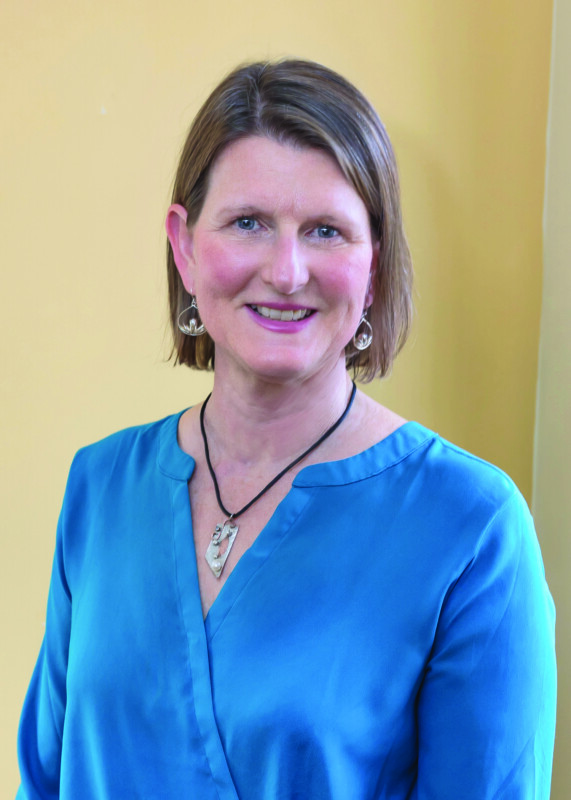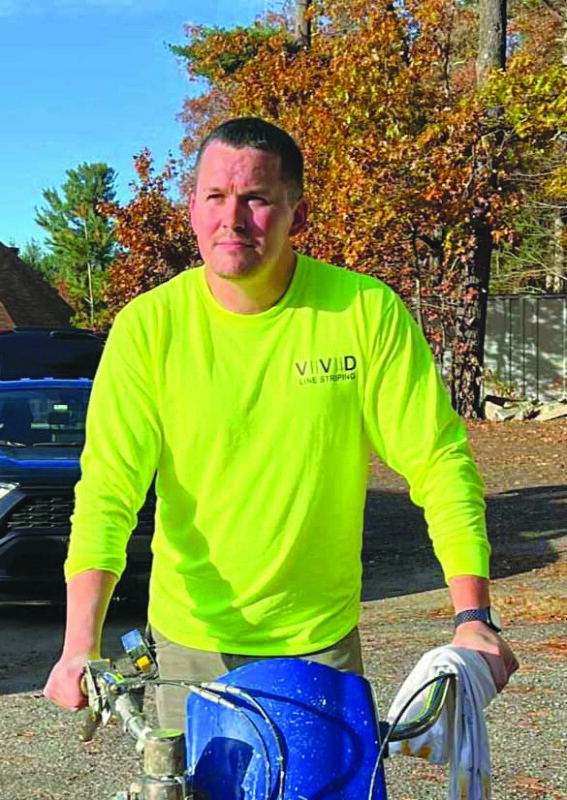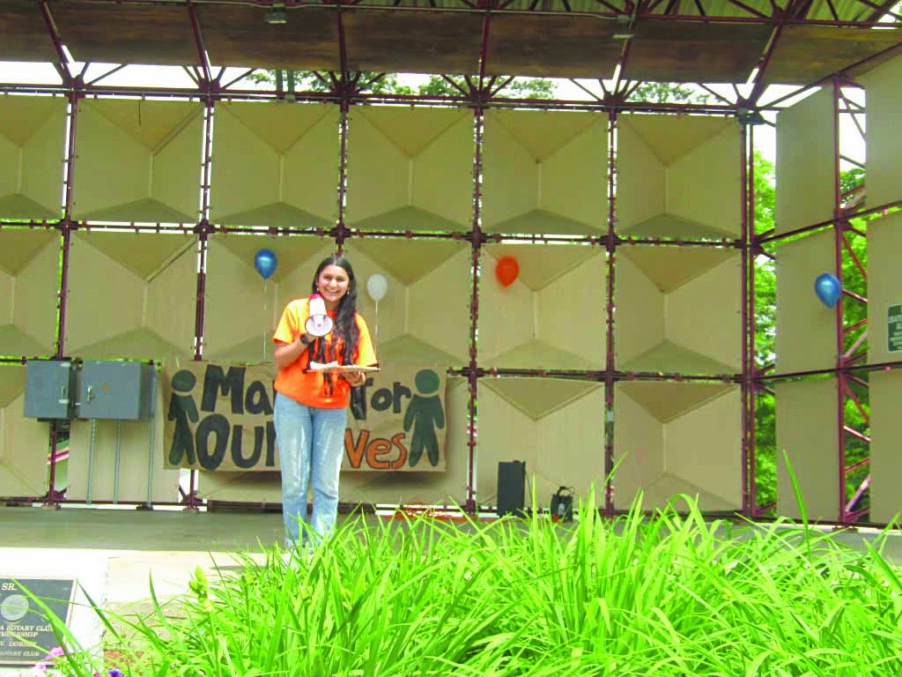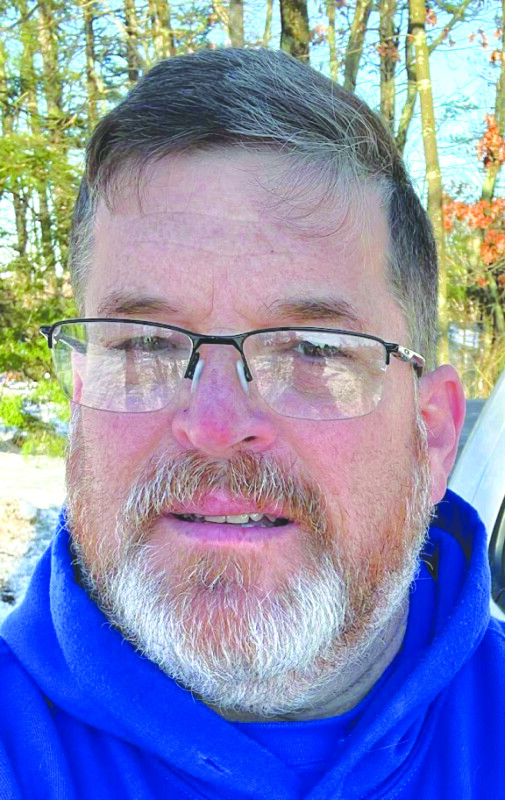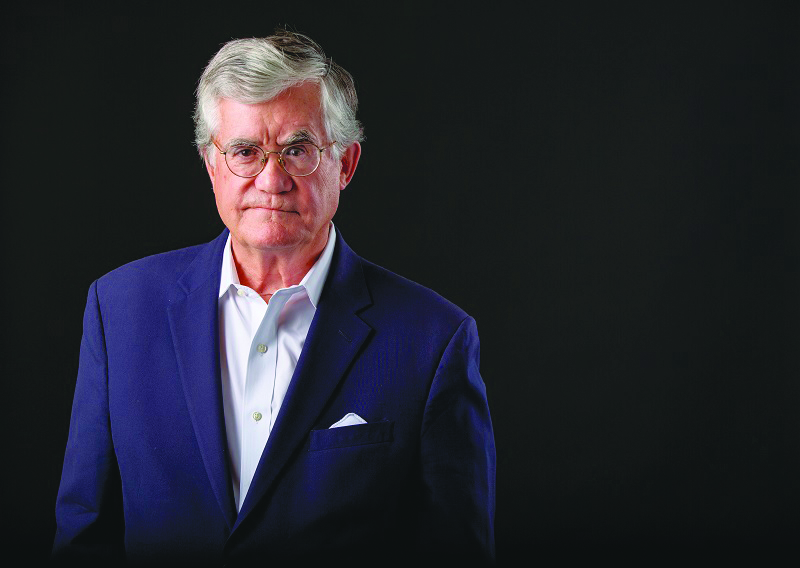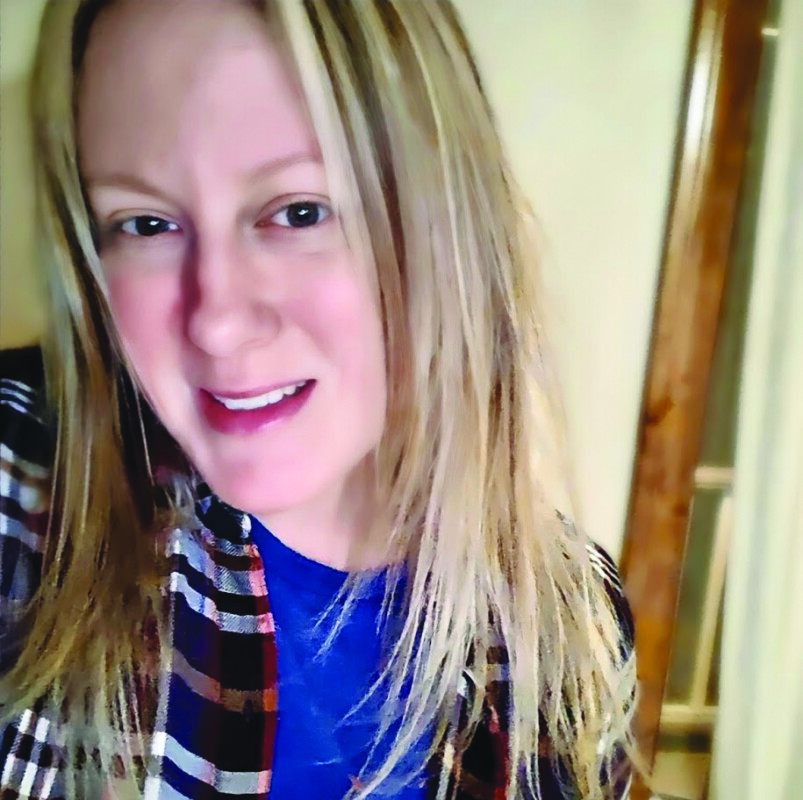Granite YMCA names first female interim president
Meet Michele Sheppard, who was recently appointed interim president and CEO of The Granite YMCA, becoming the first woman to hold the position.
What is your background in this kind of work?
I’ve been in the Y movement since 1986. I came to New Hampshire to become an executive director for the Granite YMCA at the Allard Center and have been with this organization for 12-plus years and have moved up in opportunities to oversee operations for our organization, our branches, our camps and our service delivery in various programs. I’ve become the interim CEO and president here in a transition that occurred this winter. It’s a wonderful opportunity to grow my skill set and leadership, and to help support our organization and our communities to serve more people, especially as we’re coming out of so many challenging things that have been happening in these past couple years.
What does your job entail?
One of the most important things I do is work as a mentor for staff in the organization, as well as strategic thinking and leadership, working with our board of trustees and our local advisory boards to see how the Y … can make a further difference … beyond our typical types of programs that people know us for — building community partnerships and collaborations and visioning along with other agencies how to support the citizens of New Hampshire and their health and wellness, their community needs for child care, as well as mental health, which is a struggle these days, so how can the Y be relevant in people’s lives to give them a place of respite and support?
What do you hope to accomplish during your time in this position?
One of the biggest things I’d like people to know is that the Y is more than just a place where you go for a swim or to work out or for child care. We are proud to be all those things, but there’s so much more we do … from education support, mental health support and chronic disease prevention to just being a place where groups can gather and learn from one another and really feel connected. In today’s world, a lot of folks don’t feel connected; they don’t have what you call the ‘third place’ — the church or the community group — and the Y can and has been that. … We have a long line of building relationships with people and helping people find friends and places where they can feel like they belong, where they can make a difference and where they can grow their skills and achieve. That’s what I hope to continue doing.
What are some of the biggest challenges you’re facing right now?
We know that society is changing. … We’ve been working hard on diversity inclusion efforts … and [being] a Y where folks from all different walks of life feel comfortable coming in. We’ve been working hard on finding a way that the Y can be more present in places where there’s not a facility. An example of how we do that currently is our chronic disease prevention and diabetes prevention classes. We partner with the state and local public health departments to … offer a virtual program that is available in all 10 counties in the state. … Those are the types of things that challenge us, but we’re seeking alternative ways of delivering services to help people have better health and feel better about their day-to-day lives.
Summer camps are starting soon. What will those look like this year?
We’re so excited that we’re opening our doors and having summer camp again. … They’re going to be full of very well-trained staff; they’re going to have exciting, refreshed facility spaces and some new program offerings; and they’re going [be a place] for each of the [campers] to be cared for … where they can cultivate leadership development, new friendships, and better health and wellness. I think the camps are going to be a great, fun way to get away from the stressors of the world, from being connected to electronics, from being in a classroom; and to get outdoors, get some fresh air and be in a place where a child can be a child … and not have to worry about some of the stresses they’ve been experiencing the past couple years.
What do you enjoy most about this work?
The people. I love the fact that every day we transform lives in one way or another. … We have the capacity to do that, and we strive to do that. … I love the fact that I get to do this with other people who care and have a heart for taking care of others … and doing something good in the community — a big shout out to all the [Y] volunteers. … Without them, this movement doesn’t exist. The Y started with volunteers, and we’re proud to maintain that tradition. It’s an honor to serve with [them] and the staff. We’re also grateful for the members, because they make our days filled with fun and a lot of interesting experiences.
Featured photo: Michele Sheppard.

